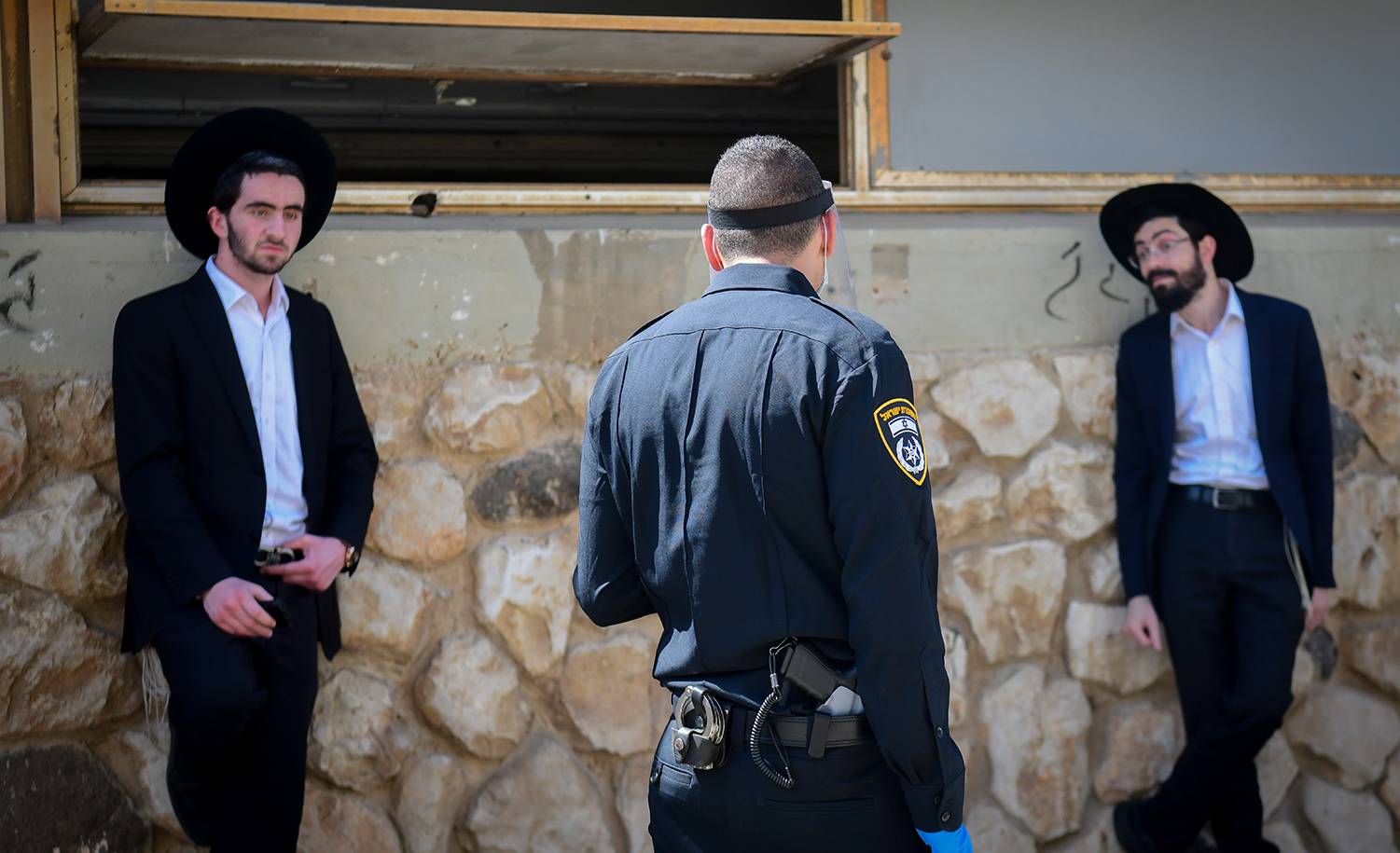This Week’s Guest: Yehoshua Pfeffer
Like so many nations around the world, Israel has been hard hit by the coronavirus pandemic, suffering over 14,000 confirmed cases of the virus, and over 180 deaths. Among those who have suffered most from the pandemic are Israel’s ultra-Orthodox Jews. The community was slow to recognize the threat of the disease, and kept its synagogues and houses of study open even as the rest of the country closed down; many of its members initially failed to observe the social-distancing protocols that have helped to slow the virus’s spread. Rates of coronavirus cases in the ultra-Orthodox neighborhoods of Jerusalem and in predominately ultra-Orthodox cities like Bnei Brak are among the highest in the country
Though things have begun to turn around lately, as more leading rabbis have instructed their followers to observe social distancing guidelines, the question remains: why was the ultra-Orthodox public initially so reluctant to follow along?
No one has written about this matter with more insight, nuance, and wisdom than Yehoshua Pfeffer, an ultra-Orthodox rabbi and editor of Tzarich Iyun, a journal of ultra-Orthodox thought sponsored by the Tikvah Fund. In a recent essay for that journal, Pfeffer explores the principles and ideas that powered the ultra-Orthodox response to the pandemic and takes a hard look at the societal vulnerabilities this crisis has exposed. He joins this week’s podcast to discuss his important essay.
Musical selections in this podcast are drawn from the Quintet for Clarinet and Strings, op. 31a, composed by Paul Ben-Haim and performed by the ARC Ensemble.
Background
For more on the Tikvah Podcast at Mosaic, which appears roughly every Thursday, check out its inaugural post here.
If you have thoughts about the podcast that you’d like to share, ideas for future guests and topics, or any other form of feedback, just send an email to [email protected].
More about: Coronavirus, Haredim, Israel & Zionism, Politics & Current Affairs, Religion & Holidays, Ultra-Orthodox

